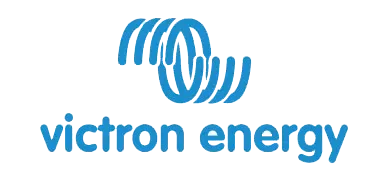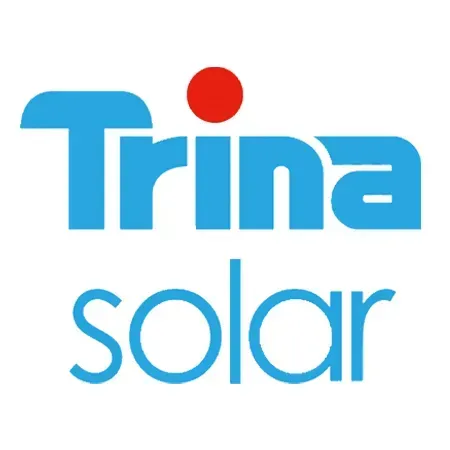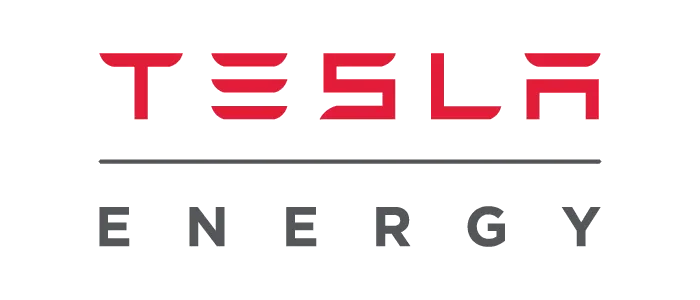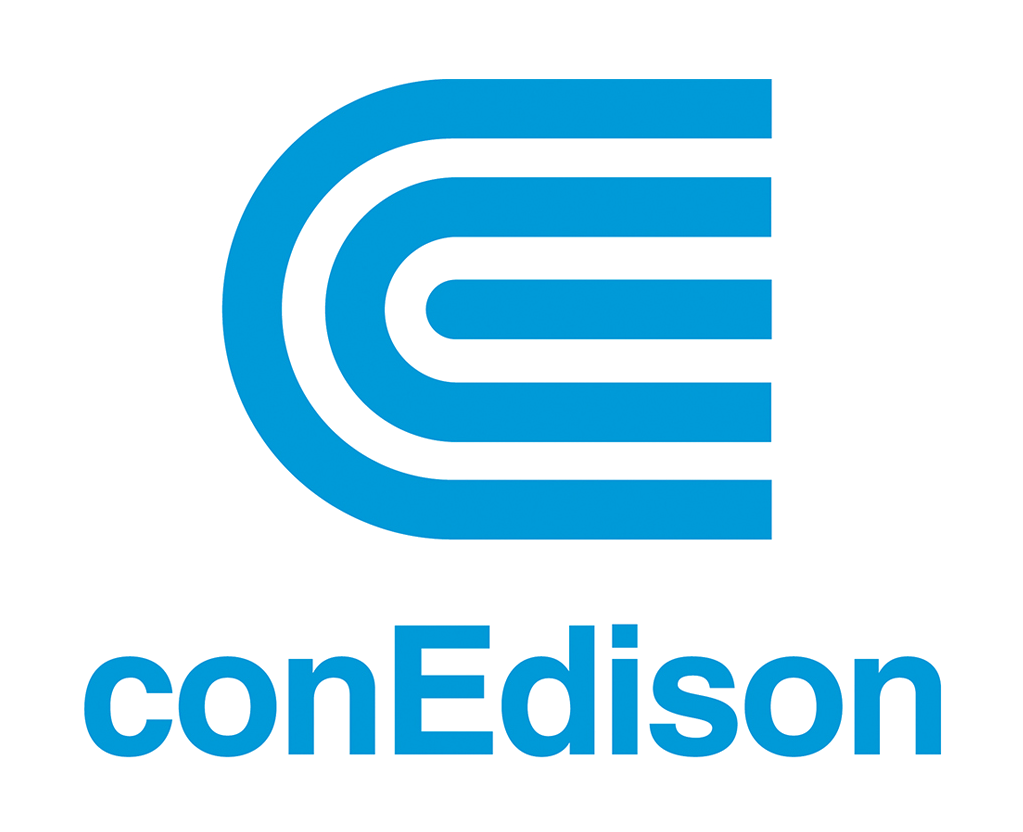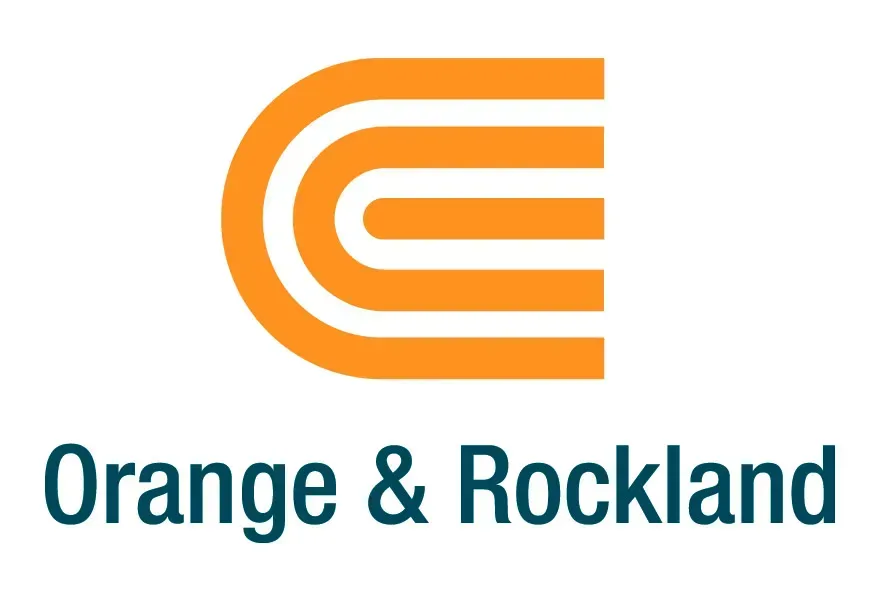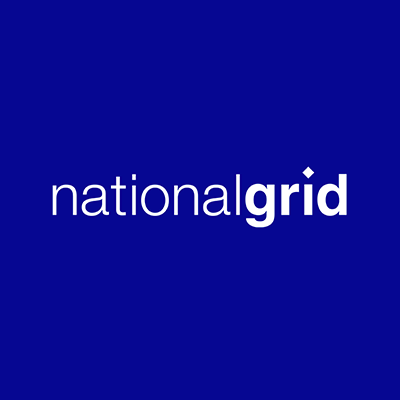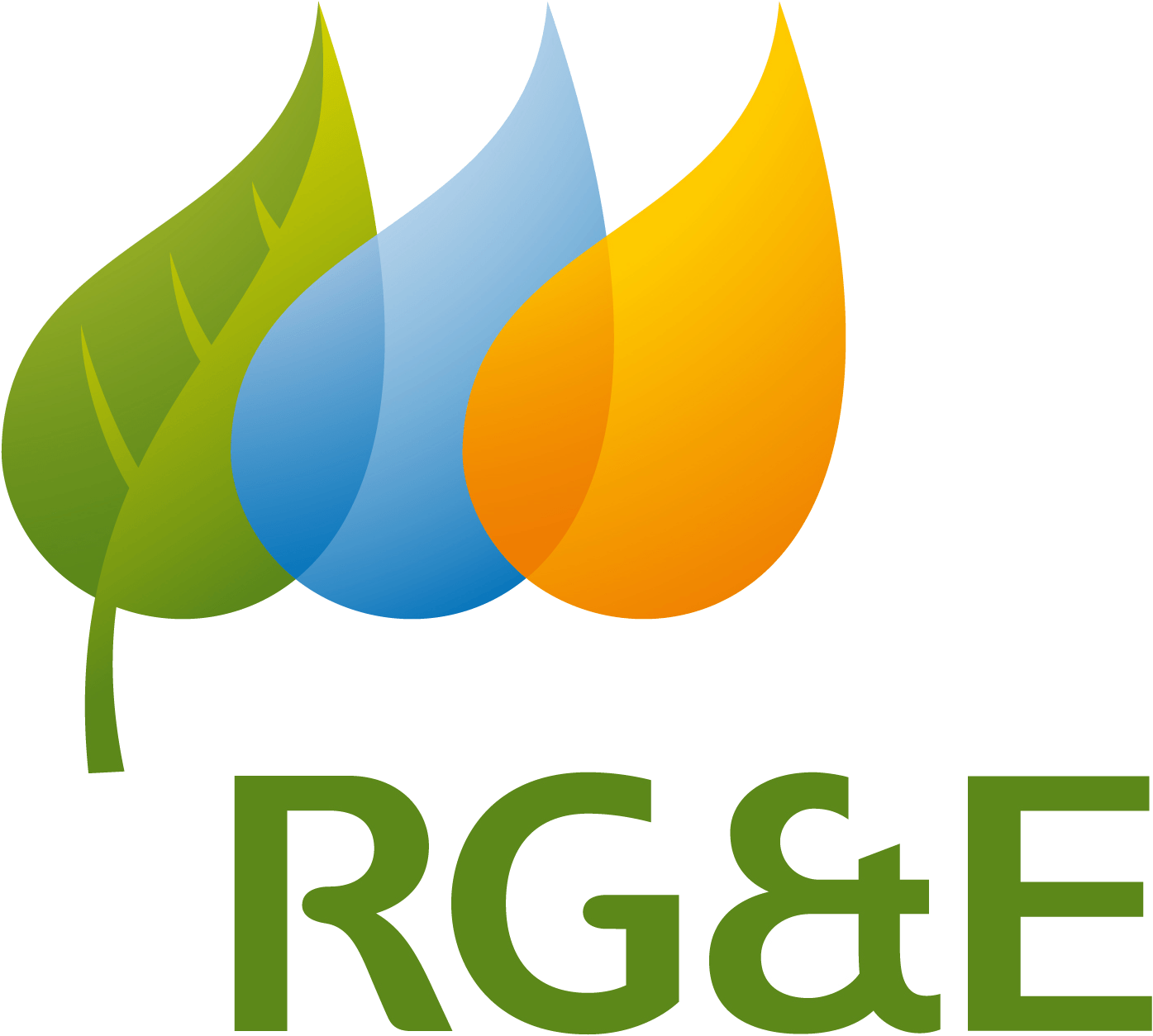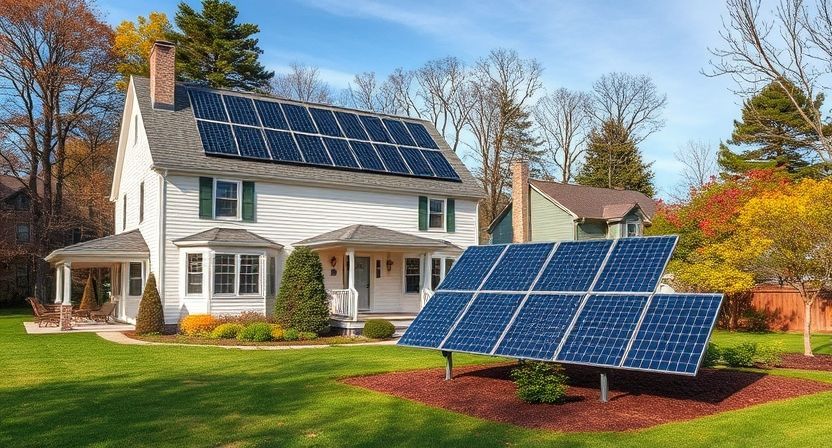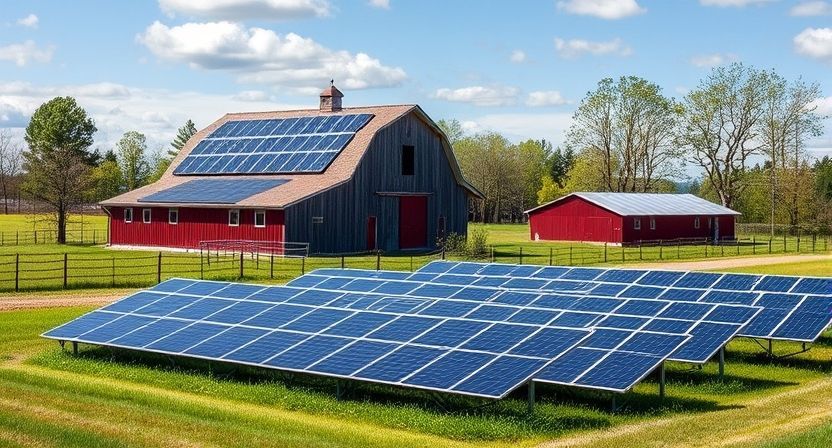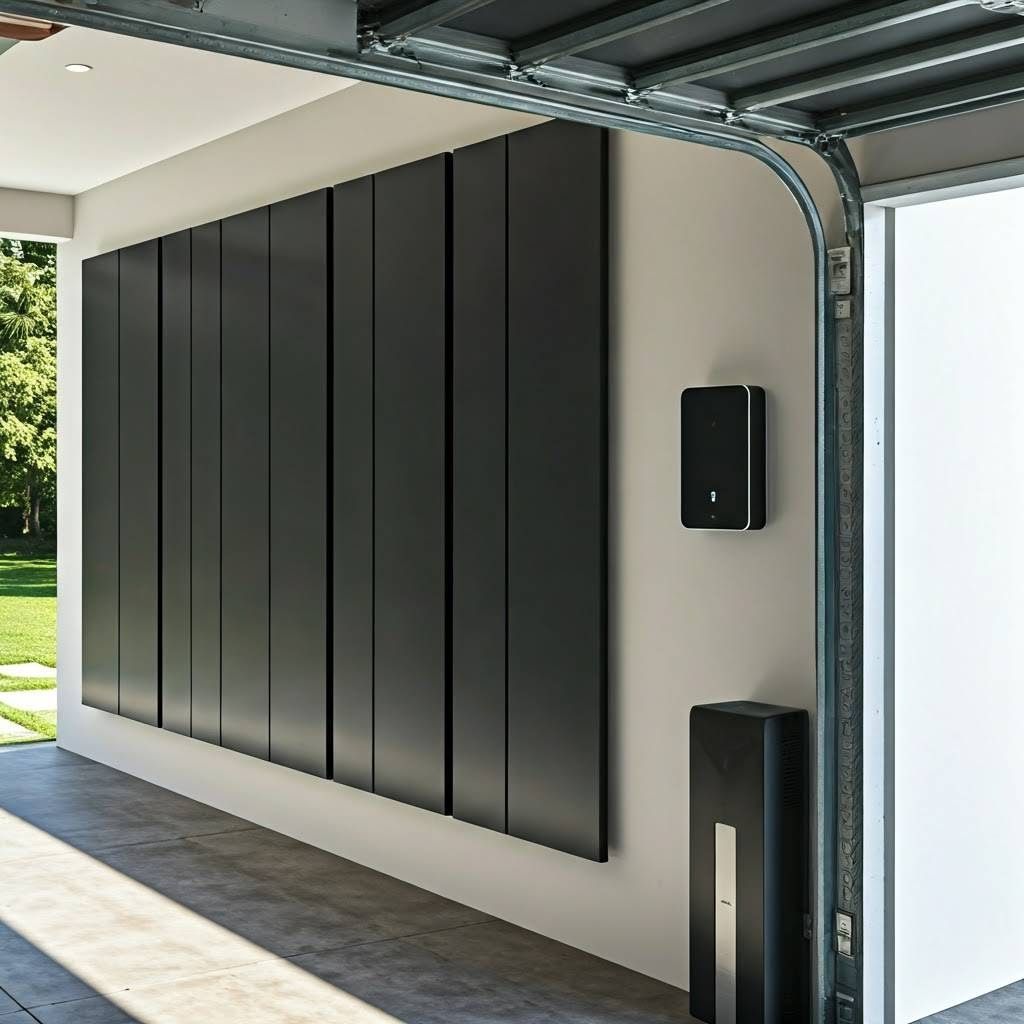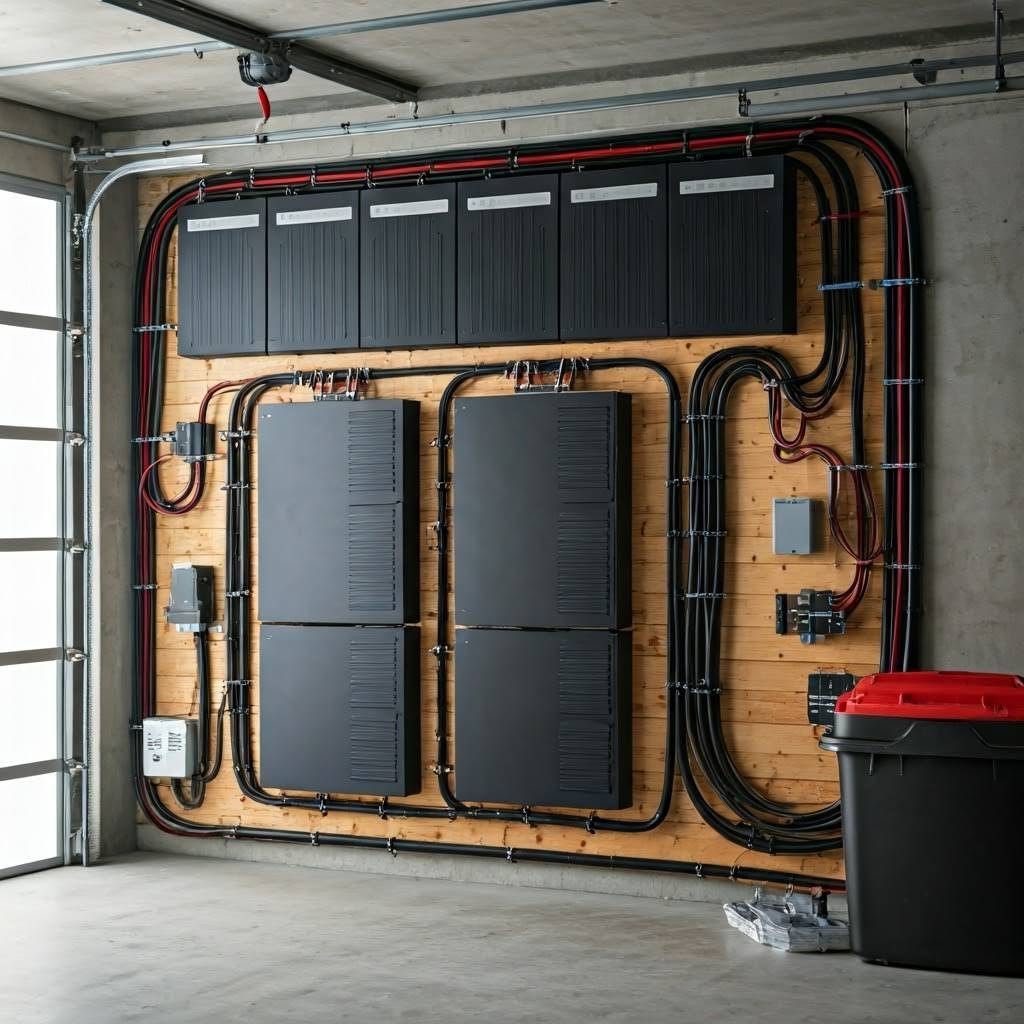Residential Solar
Residential Solar by Renua ...
- Reduces Electricity Bills
- Has a Positive Environmental Impact
- Leads Toward Energy Independence
- Increases Your Home's Value
- Is Supported by Incentives & Rebates
- Hedge against inflation / rising costs
- Control Energy costs over 25+ years
Ask us about residential solar for your home or business.
Are You Qualified for Renua Solar?
Recent estimates show that about 80% of American homes are suitable for solar photovoltaic (PV) installations.
At the same time, estimates are that only 5-7% of American homeowners have embraced the value of solar and have solar installed.
Harness the Power of the Sun:
Renua Energy's Residential Solar Services
In an era where sustainability and energy independence are more critical than ever, switching to solar power has become an appealing option for many homeowners. Renua Energy stands at the forefront of this transition, offering innovative residential solar services that include comprehensive rooftop and ground mount systems, home integration solutions, and a thorough understanding of the financial benefits associated with solar energy adoption. In this article, we will explore the different facets of Renua Energy's offerings, including incentives, rebates, tax credits, battery backup options, and financial analyses that make the transition to solar power not just an ecological choice, but an economically sound one.
Understanding Renua Energy's Residential Solar Services
Renua Energy provides homeowners with two primary solar installation options: rooftop and ground mount systems. Each system has its unique benefits, depending on the homeowner's needs, budget, and the physical characteristics of the property.
Rooftop Solar Systems
Rooftop solar systems are perhaps the most recognizable form of solar energy solutions. They utilize a series of photovoltaic (PV) panels installed directly on the roof. This option is ideal for homes with limited yard space and has several advantages:
- Space Efficiency: Maximize energy production without consuming valuable ground space.
- Cost-Effective Installation: Typically, rooftop systems cost less to install due to the reduced need for structural groundwork and mounting systems.
- Aesthetic Integration: Panels are designed to blend seamlessly with your home’s architecture.
Ground Mount Solar Systems
For homeowners with ample outdoor space, ground mount solar systems are an excellent alternative. They involve solar panels mounted on a frame that is installed in your yard. Some notable benefits include:
- Flexibility: Ground mounts can be oriented and spaced for optimal sun exposure, often resulting in higher energy production.
- Ease of Maintenance: Ground-mounted systems allow for easier access when it comes to cleaning and maintenance.
- Scalability: Homeowners can start small and add more panels over time.
Home Integration: Seamless Energy Management
Renua Energy recognizes that adopting solar power goes beyond simply installing panels. Their home integration services facilitate the management of energy consumption, production, and storage efficiently. This integration means homeowners can monitor their energy usage in real-time, ensuring they’re maximizing their solar potential.
Smart Home Integration
Renua Energy provides smart home technology that allows homeowners to control their solar power system from their smartphones or tablets. This smart integration includes:
- Energy Monitoring: Track your energy consumption and production to optimize usage.
- Smart Thermostats: Adjust home heating and cooling systems based on solar production times, reducing grid reliance.
- Control Over Energy Storage: Manage battery storage systems to utilize solar power during peak evening hours.
Incentives, Rebates, and Tax Credits: Making Solar Affordable
The cost of installing solar panels can be significant, but a myriad of financial incentives greatly reduce this burden. Federal, state, local, and utility company contributions make transitioning to solar power more accessible.
Federal Incentives
One of the most impactful federal incentives is the Investment Tax Credit (ITC), which allows homeowners to deduct a significant percentage of solar installation costs from their federal taxes. As of 2023, this percentage is set at 30%. To learn more about the ITC and how to apply, visit the [IRS website](https://www.irs.gov/credits-deductions/individuals/solar-energy-credit).
State and Local Incentives
State and local governments often provide additional incentives or tax credits to encourage solar adoption. These can include:
- Sales Tax Exemptions: Many states, such as California, offer exemptions from sales tax on solar equipment purchases.
- Property Tax Exemptions: Homeowners may not face increased property taxes after installing solar systems, allowing them to save even more.
- State-Specific Rebates: Programs vary widely by state, so it’s essential to check local resources. Websites like [DSIRE](https://www.dsireusa.org/) provide comprehensive databases of available incentives by state.
Utility Company Incentives
Many utility companies offer rebate programs or performance-based incentives that pay homeowners for the energy produced by their solar systems. This additional source of income can further decrease the payback period for the solar investment.
Battery Backup: A Crucial Component
As homeowners increasingly rely on solar power, the option of battery backup systems—in combination with solar panels—ensures that households can maintain energy supply during outages or under low sunlight conditions. Renua Energy provides various energy storage solutions, allowing homeowners to store excess energy generated during sunny days for use at night or during inclement weather.
Benefits of Battery Backup Systems
- Energy Independence: Homeowners can rely less on the grid and gain control over their energy supply.
- Cost Savings: By storing energy for later use, homeowners can reduce peak energy costs, which is especially beneficial during high-demand periods.
- Environmental Impact: Utilizing stored solar energy further decreases one’s carbon footprint by minimizing reliance on fossil fuels.
Learn more about battery backup @ Renua Energy
Financial Analysis: Costs, Savings, and Financing Options
Upfront Costs
The typical cost for residential solar installation can range from $15,000 to $25,000 for a standard system, depending on the size and specifics of the installation. While this may appear steep, the long-term savings often outweigh the initial investment.
Financing Options
Renua Energy offers a variety of financing options to make solar more accessible to homeowners, including:
- Cash Purchase: Although this requires the full payment upfront, it maximizes long-term savings.
- Loans: Homeowners can take out solar loans specifically designed for such installations, allowing spreading the cost over several years.
- Leasing Options: For those unwilling to commit to ownership, leasing provides access to solar power without upfront payment, although some savings will be lost.
Reduction in Grid Power Costs
The installation of solar panels can significantly reduce or even eliminate grid power costs. Homeowners often report savings of 50-90% on their electricity bills. The exact savings depend on system size, local electricity rates, and personal consumption patterns.
A financial analysis conducted by various sources, including the [National Renewable Energy Laboratory (NREL)](https://www.nrel.gov), shows that most homeowners reach a break-even point on their investment within 5 to 10 years, particularly when considering incentives and rebates.
Take the Next Step with Renua Energy
Switching to solar power through Renua Energy not only contributes to a healthier planet but also offers substantial financial savings and energy reliability. With a commitment to providing top-notch rooftop and ground mount systems, advanced home integration solutions, robust financial support through incentives and tax credits, and reliable battery backups, Renua Energy is well-equipped to help homeowners navigate the solar landscape successfully.
Embarking on your solar journey is easier than you think. Reach out to us today to learn more about their residential solar services and how you can reduce your carbon footprint while enjoying significant savings on your energy bills.
Additional Resources
- Renua Energy’s Website (https://www.renuaenergy.com)
- Solar Energy Industries Association (SEIA) (https://www.seia.org)
- Database of State Incentives for Renewables & Efficiency (DSIRE) (https://www.dsireusa.org)
- U.S. Department of Energy Solar Energy Program (https://www.energy.gov/solar)
By choosing Renua Energy, you’re not just investing in a solar energy system—you’re making a commitment to a sustainable future for yourself and generations to come.
Have Questions?
We're here to help!
All Rights Reserved | Renua Energy Inc.
Renuaenergy.com and the editorial content, graphics, and products of the Renua Energy website, unless otherwise noted, are the products of Renua Energy Inc.. The information presented on this website is copyrighted as collective work. Any unauthorized reproduction, by any means, mechanical or electronic, without the express written permission of Renua Energy Inc. is strictly prohibited.

